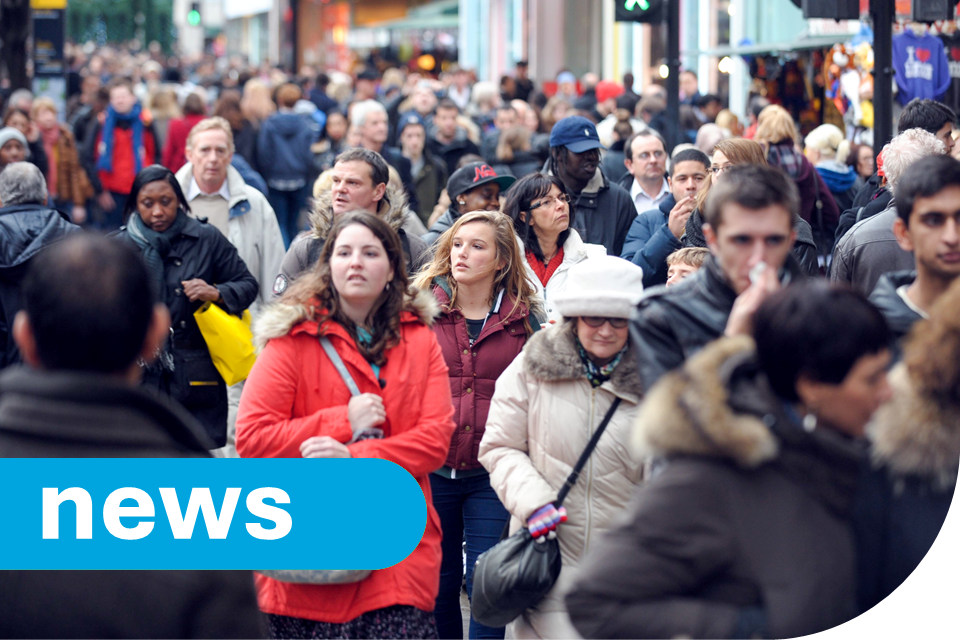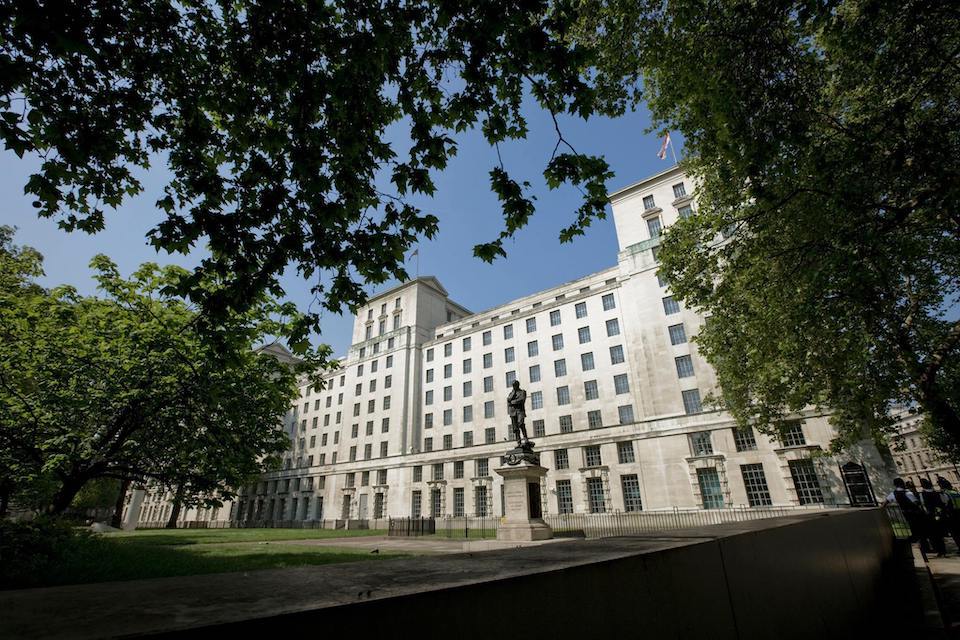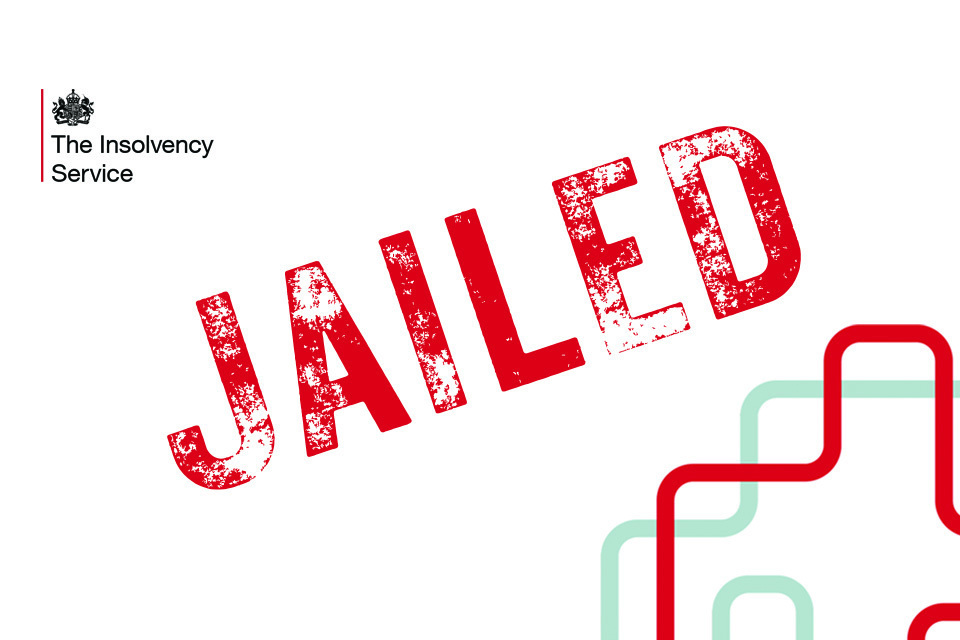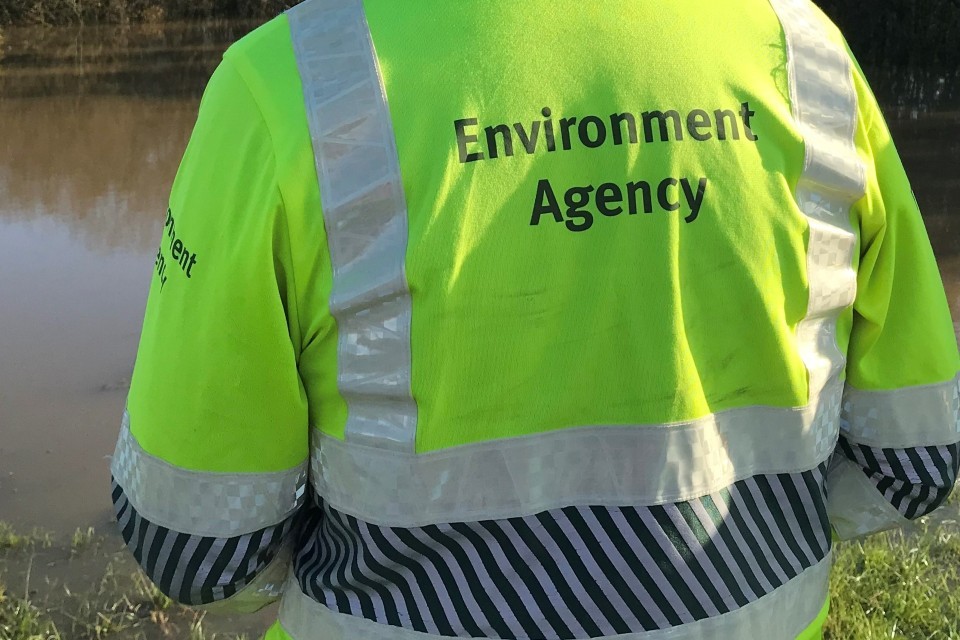As part of its commitment to achieving equitable health security outcomes for everyone, the UK Health Security Agency is publishing (Friday 2 May) comprehensive new data, the Health Inequalities in Health Protection report. The report provides a high-level summary of the current state of health inequalities in England caused by infectious diseases, as well as environmental health hazards.
The analysis mainly uses hospital admissions as a measure of infectious disease levels; key findings include
- people living in the 20% most deprived areas in England are almost twice as likely to be admitted to hospital due to infectious diseases than the least deprived
- those living in the North-West are 30% more likely to be hospitalised for an infectious disease (3,600 per 100,000 admissions for Sept 23-Aug 24), compared to the England average (2,800 per 100,000)
- areas of high levels of deprivation typically experience higher levels of air pollution than less deprived and less ethnically diverse areas
- the scale of inequalities between ethnic groups varies by specific disease. For example, emergency admission rates for tuberculosis were 29 times higher for ‘Asian other ‘, 27 times higher for ‘Indian’ and 15 times higher for ‘Black African’, compared to ‘White British’
- As well as the costs to the social, physical and mental health of our communities, it was estimated that inequalities in emergency infectious disease hospital admissions cost the NHS between £970 million and £1.5 billion in 2022-23.
People living in deprived communities experience higher emergency hospital admission rates, compared to the least deprived communities; the data show these are
- twice as high for respiratory diseases in general and up to seven times higher specifically for tuberculosis and six times higher for measles.
- twice as high for invasive infections in general, and up to 2.5 times higher specifically for sepsis
- 1.7 times higher for gastrointestinal diseases
People from more deprived areas are also disproportionately impacted by radiation, chemical, climate and environmental hazards through their exposure, direct impact on their health, and the exacerbation of existing health conditions. Areas with high levels of deprivation typically have higher levels of air pollution than less deprived and less ethnically diverse areas.
Dr Leonora Weil, Deputy Director for Health Equity and Inclusion at UKHSA said
The report reveals some stark facts on the state of inequalities in health security faced by some people, in particular those living in the most deprived communities and certain areas of the country, some ethnic groups, as well as excluded groups such as those experiencing homelessness.
These health protection inequalities – where there are poorer health outcomes based on where you live, your socio-economic status or ethnicity are avoidable, pervasive, and preventable. That is why it is so important to shine a light on these findings to increase action to support communities to live longer and in better health.
Going forward our data and analysis of the evidence will help us, and our partners apply a health equity lens to all our health security work, to inform how we better target effective health services and wider interventions to those most at need.
This report is just the start. We need to build on these insights, as only through persistent and dedicated effort across all health organisations will we make a real difference to helping all people live longer and in better health.
UKHSA’s approach to reducing health inequalities in health protection involves
- building our understanding of the people and places that experience these inequalities
- taking a ‘people and place’ approach, working with local and national systems to support integrated, tailored and accessible interventions that better meet the needs of different communities and groups
- working in partnership across national and local government, the NHS, the voluntary, faith and charity sector and communities themselves
- equipping the UKHSA workforce with the capacity and capability to address inequalities in health protection in everything we do
Inclusion health groups, such as people seeking asylum, people in prison, people experiencing homelessness and people who inject drugs are often disproportionately impacted by a range of infectious diseases. For example, it is estimated that over 80% of people in England living with chronic Hepatitis C have an injecting drug history. However, inclusion health groups are often not visible in routine health surveillance data.
In addition to the social, physical and mental health costs to our communities, health inequalities also have a significant economic burden. It was estimated that inequalities in emergency infectious disease hospital admissions cost the NHS between £970 million and £1.5 billion in 2022-23. In a recent UKHSA report summarising infectious disease trends, it was estimated that infectious diseases were the primary reason for over 20% of hospital bed usage, at an annual cost of almost £6bn in 2023 to 2024.






